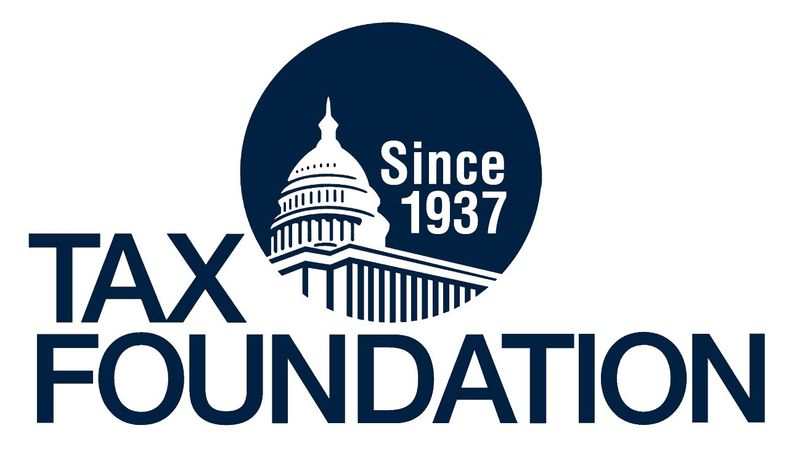The timing of an agreement has now shifted to October, although Saint-Amans said that the end-of-year deadline for the overall project is still in place. He speculated that some pieces of the agenda could slip into 2021, however.
The choice to delay the negotiations reflects the current challenge of the pandemic. However, the delay also comes with risks. Those risks include the potential for unilateral digital taxes to proliferate. The OECD’s negotiations reflected the possibility of an outcome that would replace unilateral measures, but trouble could arise with or without an OECD agreement if countries are unwilling to change or remove their own policies like digital services taxes. A tax and trade war driven by those unilateral measures would be incredibly harmful to the global economy.
Governments around the world have had digital taxation on their agendas for several years, and some countries see the pandemic as a reason to make progress on proposals to tax digital businesses. Recently, both the Indonesian Finance Minister Sri Mulyani Indrawati and the French Economy Minister Bruno Le Maire have directly linked their digital tax agendas to the pandemic. Le Maire also repeated a flawed analytical point about digital companies being undertaxed.
In some cases, these digital taxes have been presented as options for raising revenues to pay for the cost of the current pandemic. While public finances will need to be put on a sustainable path at some point in the future, the current design of digital tax plans are unlikely to fill a significant gap in revenues.
To view the original article, please click here

